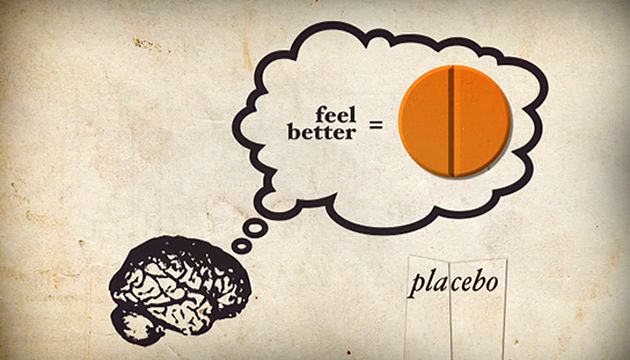
In this recent study, published on Nature Medicine, Tamar L Ben-Shaanan et al. studied the link between the function of brain areas responsible for processing positive expectation (such as ventral tegmental area) and their effect on immune responses, deepening our understanding of the molecular bases for placebo effect.
From the paper’s abstract:
Positive expectations contribute to the clinical benefits of the placebo effect. Such positive expectations are mediated by the brain’s reward system; however, it remains unknown whether and how reward system activation affects the body’s physiology and, specifically, immunity. Here we show that activation of the ventral tegmental area (VTA), a key component of the reward system, strengthens immunological host defense. We used ‘designer receptors exclusively activated by designer drugs’ (DREADDs) to directly activate dopaminergic neurons in the mouse VTA and characterized the subsequent immune response after exposure to bacteria (Escherichia coli), using time-of-flight mass cytometry (CyTOF) and functional assays. We found an increase in innate and adaptive immune responses that were manifested by enhanced antibacterial activity of monocytes and macrophages, reduced in vivo bacterial load and a heightened T cell response in the mouse model of delayed-type hypersensitivity. By chemically ablating the sympathetic nervous system (SNS), we showed that the rewardsystem ‘s effects on immunity are, at least partly, mediated by the SNS. Thus, our findings establish a causal relationship between the activity of the VTA and the immune response to bacterial infection.

